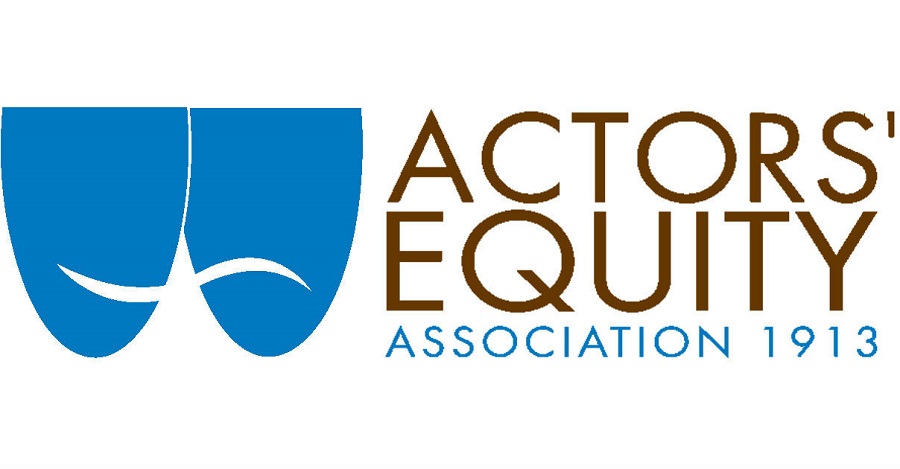NEW YORK CITY: Actors’ Equity Association has announced “Open Access,” a new membership policy that will allow those who have worked professionally in the United States—defined here as actors or stage managers who have received compensation for their theatrical work—to join the union, effective immediately. Equity, which currently represents over 51,000 professional actors and stage managers, had previously limited union membership eligibility to those working for an Equity employer (either by direct contract or the Equity Membership Candidate program) or to members of a sibling union. This change marks an effort by Equity to broaden access to union jobs, wages, benefits, and workplace safety provisions.
“The old system had a significant flaw: It made employers the gatekeepers of Equity membership, with almost no other pathways to joining,” said Kate Shindle, president of Actors’ Equity Association, in a statement. “The entertainment industry is disproportionately white, including and especially theatrical leadership. The union has inadvertently contributed to the systemic exclusion of BIPOC artists and others with marginalized identities by maintaining a system in which being hired to work those contracts was a prerequisite of membership. We hope that artists from all backgrounds will join us in building a union that uplifts the entire theatre community, especially those who have not felt included or welcome in the past.”
The new program is expansive, including the union reaching out to former members to rejoin without needing to secure a new Equity contract (as previously required) and opening membership up to actors and stage managers who may have a country of origin or residence outside of the United States. Additionally, Equity will allow former members and applicants to apply their previously paid initiation fees toward their application under this policy and new members will have three years to pay off the $1,700 initiation fee.
Changes within the actor and stage manager union follow a year of unrest from its membership base, which rallied against inconsistent and at times frustrating COVID-19 restrictions limiting work (and resulting in difficulty for members reaching their required work weeks for health insurance) and pushed for greater racial equity within the industry. The latter point was part of an April march on Broadway, during which theatremakers protested the inaction against Broadway producer Scott Rudin as well as shortcomings by the union to protect its membership from the racism, sexism, and unsafe work environments many had experienced. As Backstage reported back in April, the fallout saw some actors withholding their dues from the union.
This result, as well as the general lack of work (and thus, dues payments) for Equity members over the last year, has led some on Twitter to speculating the access move may have a dual purpose: to expand access to the union and to open the door for an influx of money from a flood of new members. In an interview with Backstage, Shindle rebuffed that sentiment, saying, “I am telling you the God’s honest truth when I say that no part of this has felt like any kind of cash grab.”
The full fallout from this industry-shaking decision is yet to be seen, with major non-Equity markets like Chicago sure to be rocked by the decision and some actors concerned about more crowded union auditions. Importantly, many are seeing hope in exactly what Shindle pointed to in her statement: Opening access in this way has the potential to remove the hiring barrier between actors and stage managers and the protections of the union.


